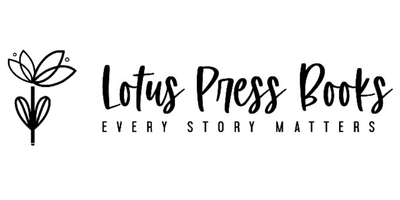Unraveling the Past: My Family’s Journey
Cambodia’s history is one that echoes with pain, resilience, and survival. For those unfamiliar, the country endured one of the most devastating genocides of the 20th century. Between 1975 and 1979, the Khmer Rouge regime, led by Pol Pot, attempted to establish an agrarian utopia, systematically eradicating intellectuals, professionals, and anyone deemed a threat to their vision. Over two million people—nearly a quarter of the population—died from execution, starvation, and forced labor. The aftermath left countless families shattered, with survivors carrying scars too deep to articulate.
My parents were among those survivors. They fled Cambodia, seeking refuge and safety, eventually settling in New York City in 1980. For them, the city was a foreign land where they rebuilt their lives with nothing but hope and sheer determination. My father became a master chef, working tirelessly in Chinese and Italian restaurants. His long hours meant I rarely saw him. My mother, on the other hand, stayed home with my siblings and me, sewing bows for two cents apiece—an unrelenting, tedious task that barely provided for our needs. Despite this, she remained our primary caregiver, a pillar of strength in our small world.
(One of my favorite photographs of my parents taken in the 1980's).
A Child’s Limited Understanding
As a child, I didn’t fully grasp the weight of what my parents had endured. I often thought my mother was “too strict.” I questioned why she enforced so many rules and why she seemed to worry constantly about our safety. It wasn’t until I was older that I began to understand: her parenting wasn’t just about discipline; it was about protection. She had lived through horrors where safety was an illusion, where the threat of loss was constant and uncontrollable. Her strictness wasn’t about control—it was about ensuring we would never face the vulnerabilities she had known as a young girl in Cambodia.
My mother’s pain ran deeper than I could have imagined. I later learned she had lost a daughter during the genocide—a baby girl who was only eight months old. The child succumbed to health complications and starvation. As a mother myself now, I cannot fathom the depth of that heartbreak, and yet, she carried that pain quietly while raising my siblings and me.
My father’s silence told a story of its own. During the Khmer Rouge regime, he was forcibly separated from his two sisters. Decades later, we still do not know what became of them. The uncertainty of their fate is a wound that never truly heals.
Piecing Together the Puzzle
As I grew older, I began to seek answers about my parents’ past, hoping to make sense of the fragmented stories they shared. Conversations with them often felt like piecing together a puzzle. They would talk in fragments—moments of vulnerability, anger, or sadness spilling out—but when I asked more questions, their words would trail off into silence. I came to realize that their silence wasn’t indifference; it was survival. They were reliving memories too painful to fully articulate.
As a young adult, I started to piece together their history through what they could share. I began to see how their experiences shaped not only who they were but also who I was becoming. Their trauma informed their choices, their fears, and their resilience, and in turn, it informed mine.
Lessons as an Adult
Now, as an adult, I see my parents through a lens of compassion and gratitude. I understand my mother’s “strictness” as an act of love and courage, born from a world where she had no control. I recognize my father’s long hours in the kitchen as his way of providing stability in a life that had been anything but stable. Their sacrifices have become the foundation of my strength, and their stories, though painful, are a testament to the resilience of the human spirit.
Learning about Cambodia’s history and my family’s experiences has taught me the importance of storytelling—not just for understanding our past, but for healing. My parents’ journey is not just theirs; it is a part of who I am. Their pain, resilience, and hope continue to inspire me to honor their sacrifices by living a life that celebrates survival, perseverance, and love.
I share this not just to reflect, but to remind others of the strength in our histories. For those of us fortunate enough to learn and connect the pieces of our past, we carry the responsibility to ensure those stories are not forgotten. It is through remembering that we honor the lives lost, the sacrifices made, and the resilience of those who came before us. 🙏🏼
